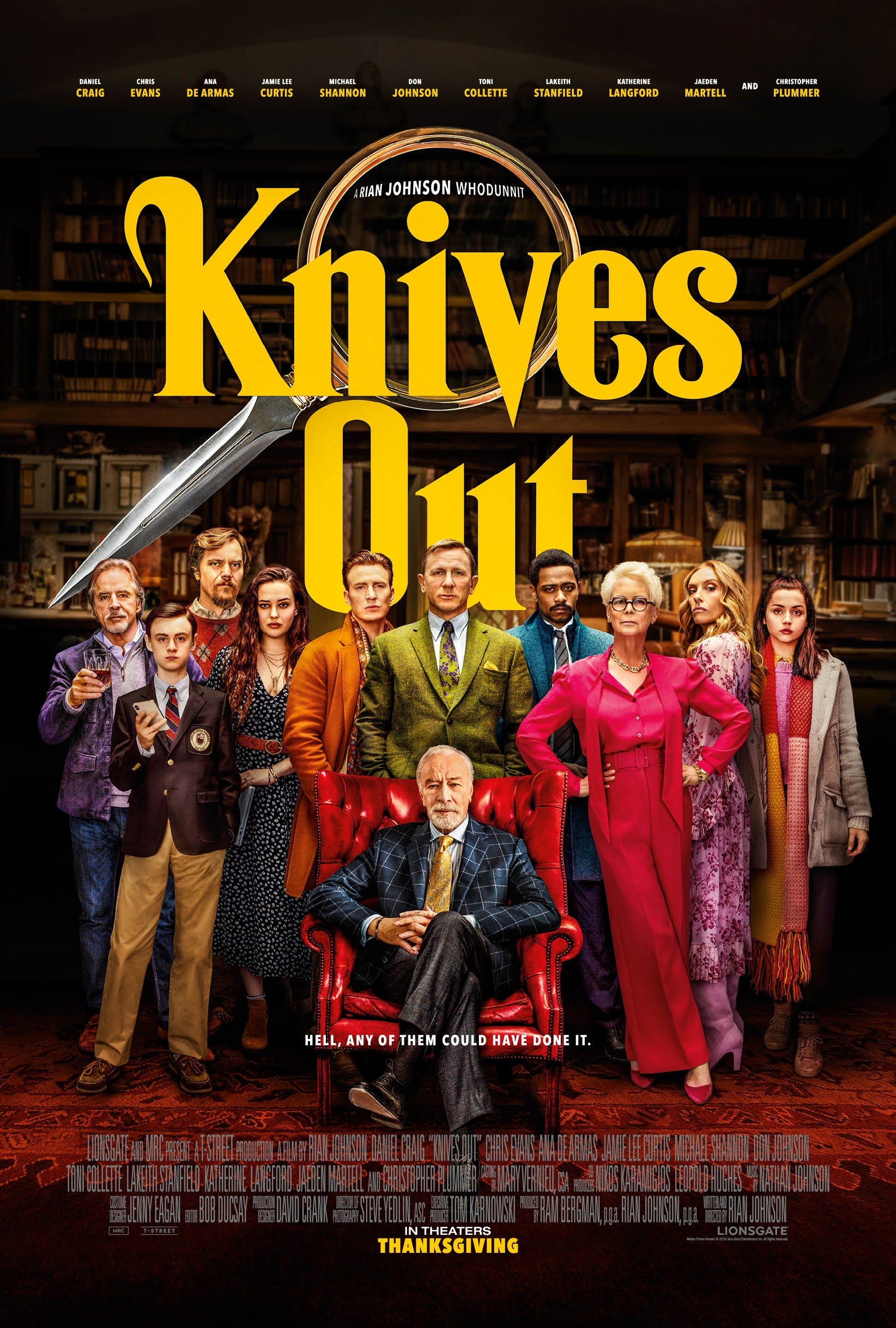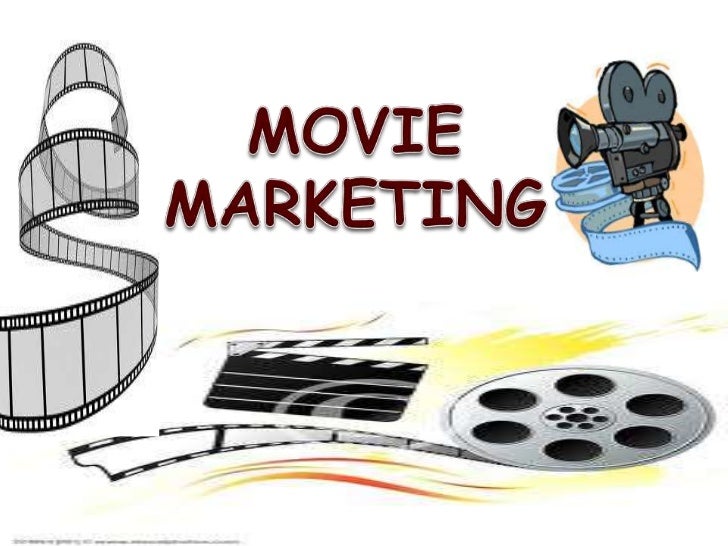Editorial #1 - Why is Marketing so Important?
So much of a film's success rides on the basis of how well it is received by critics, as well as how lucrative it is at the box office. However, what many casual movie-going fans and consumers overlook is how important marketing a film is, both consciously and subconsciously.
What is Marketing?
When a film first goes into production, the first steps are to storyboard - essential think of ideas, sketch out concepts, and begin to formulate ideas and plans for where the movie is to go. Then, the people behind the early concepts will attempt to find the backing of a major Hollywood studio. Sometimes, people don't have to do this because they already have the studio's backing. For example, a movie like Star Wars: The Last Jedi is a sequel that is owned by Disney and Lucasfilm. Rian Johnson (the director of The Last Jedi) does not have to look for a company to back him in terms of marketing and finance - Disney already has him covered.
However, smaller films and independent filmmakers who are trying to make a name for themselves need financial support, and they'll pitch their ideas to studios and companies. Once a studio takes their idea, the filmmaker will cast their crew and their actors and begin filming and editing their film.
What many people do not realize, however, is that during the filming of a movie, there is often a separate marketing team that looks at what the director has envisioned for the final cut of the movie and what he has shot so far, and cuts together an early form of the trailer. The marketing team will then release this trailer to the public, and thus begins the marketing campaign, which will go to about the last month before the film's release.
What Can Go Wrong?
There are several variables involved in marketing a film. Quite a bit of it actually has to do with psychology. What a marketer wants to do is to insert the film into the public conscious. What this means is that they want to plant the idea of "That movie looks good, we should go see it," into the people's minds who don't follow film and media.
However, there is an art to this - and it all has to do with timing. If a film comes out in December and the marketing team releases their first trailer in January, the public conscious will no doubt be excited for the film if it were, say, a superhero film. However, having such a big gap between the first marketing push and the film's release is hugely detrimental to the film because eventually, the studio is left with two options. Either A) continue to release marketing material until the film's release, which in this case would be a whole eleven months. Or B) not release another piece of marketing for awhile. If the studio opts to go with option B, then the public gradually loses interest in the film because they haven't seen anything of it in such a long time.
While timing may be important, another huge factor to consider is "How much of the film do we show?". Many don't realize that in most cases, the director has little to no say about what's going to be in the trailers. There is a separate marketing team that is hired by the studio that cuts together a trailer based on what they think is appropriate. There are exceptions in which the director has complete control, but rarely does he/she ever.
This is why you see trailers that often feel like they reveal too much of the movie. A prime example would be Spider-Man: Homecoming. Sony and Marvel are partnering to bring the web-slinger to the big screen, but it seems that the marketing is revealing too much of the film. However, looking at other marketing campaigns by Marvel Studios such as for Guardians of the Galaxy: Volume II, Marvel does an excellent job not revealing too much about the film while still giving the laughs and key moments. The common denominator, then, must be Sony. Why is there a difference when Marvel is producing both films? The simple answer is that Sony's marketing team does not have the handle on their trailers and promotional material that Marvel does.
Why Does This Matter?
There are a few reasons why this matters. For the filmgoers, if there is a trailer that does not seem exciting, interesting, or worth the price of admission (which is slowly rising), there's no point in seeing it. The whole point of trailers, especially for movies that the public is not already excited for, is to get people interested and if the marketing fails, then the movie is bound to do poorly.
Another reason may be because the marketing could reveal too much of the film, as discussed earlier. If a marketing campaign discloses too much, if you're already excited for the film then you'd still be excited, but your excitement level would lower because you feel you know what's going to be in the film.
But most importantly, the studios are affected greatly. Remember that the studios are the companies that are backing these mega million dollar projects, funding them to the very last day. If the marketing campaign flops, what does this mean? It means that the movie will not do well at the box office. And regardless of what anyone says, studios' primary goal in the industry is to make money. But if they can't make money, they're forced to shut movies and franchises down. Take Power Rangers. Power Rangers was set to be one of the biggest franchises, with plans of up to six films. But since the first film didn't do well, these plans are in check as of now.
So remember, the next time you watch a trailer or a clip for a movie, that this is the beginning of either a massive success, or a massive failure. Sometimes watching every piece of marketing is not the best idea. Sometimes it can be if you're not excited for a film. Either way - the way studios pitch their films to their audiences can either make or break a movie.


No comments:
Post a Comment